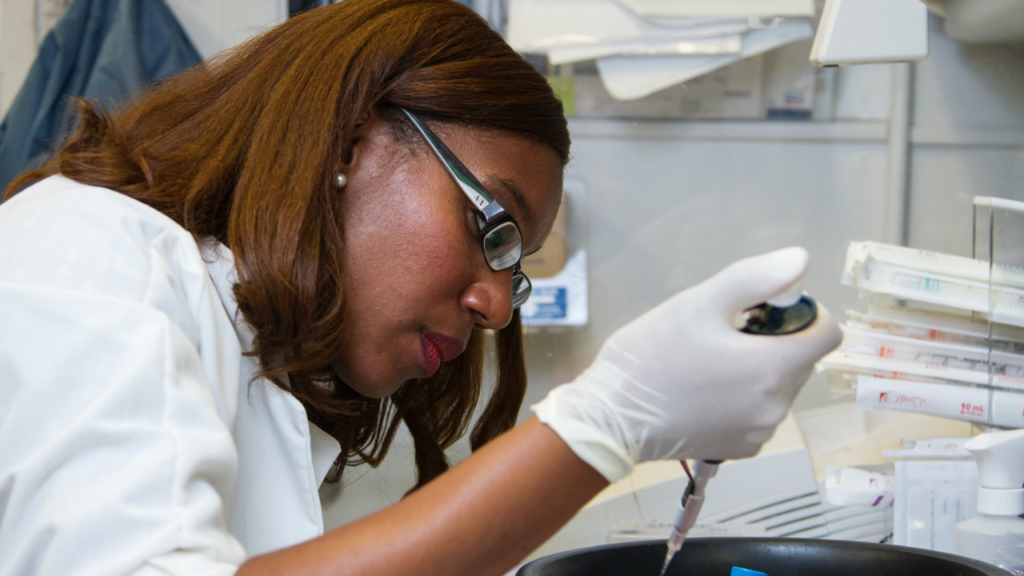
Africa, a continent of immense potential, beckons as the next frontier for clinical trials. In this rich tapestry of 54 countries, a mosaic of diverse ethnicities thrives, providing a unique opportunity for pharmaceutical companies to catalyze a revolution in clinical research. With a population poised to surpass two billion within the next five years and a disease burden that comprises 25% of global afflictions, including HIV/AIDS, malaria, tuberculosis, acute respiratory infections, and diarrheal diseases with high mortality rates, Africa stands as a potent stage for medical innovation.
Despite this, Africa currently contributes only a fraction, approximately 2.5%, to global clinical trials. This underrepresentation stems from enduring misconceptions and barriers that obscure the continent’s potential.
Dispelling the Myth: Diseases Know No Borders
Contrary to misconceptions, diseases prevalent in the Western world are not confined by geographical boundaries. Patients in Africa exist, and the clinical trial infrastructure rivals that found in any global region.
The Benefits of Clinical Trials in Africa
Diverse Patient Populations: Africa boasts a rich tapestry of ethnicities and genetic profiles, enriching clinical research by assessing treatment efficacy and safety across varied genetic backgrounds.
Access to Treatment: Clinical trials provide access to cutting-edge treatments and therapies, extending the reach of healthcare options in Africa and beyond.
Cost-Efficiency: Africa offers cost-effective clinical trial environments, saving pharmaceutical companies and research organizations substantial resources compared to North America and Europe.
Rapid Enrollment: With a vast pool of potential participants and reduced competition, Africa expedites patient recruitment and enrollment.
Epidemiological Insights: Clinical trials in Africa yield valuable data on prevalent diseases, informing global healthcare strategies for diseases like malaria, HIV/AIDS, and neglected tropical diseases.
Collaboration and Capacity Building: Collaborative efforts between local institutions, government agencies, and international organizations foster knowledge sharing, skill development, and local healthcare and research capacity.
Regulatory Streamlining: African nations streamline regulatory processes, reducing approval time and bureaucracy.
Infrastructure Development: Clinical trials stimulate investments in healthcare infrastructure, enhancing services and benefiting communities.
Economic Growth: Trials stimulate job creation, revenue generation, and overall economic development in host communities.
Global Impact: Research conducted in Africa advances global healthcare, benefiting regions grappling with prevalent diseases.
Conclusion
We hope this article has helped you understand the importance of clinical trials in Africa and why they are needed. We believe that conducting clinical trials on a global scale will help researchers achieve better health outcomes for patients around the world, including those in Africa. Reach out to us today at Xcene Research to learn how you can participate in or conduct research in Africa. Together, we can make a difference.


